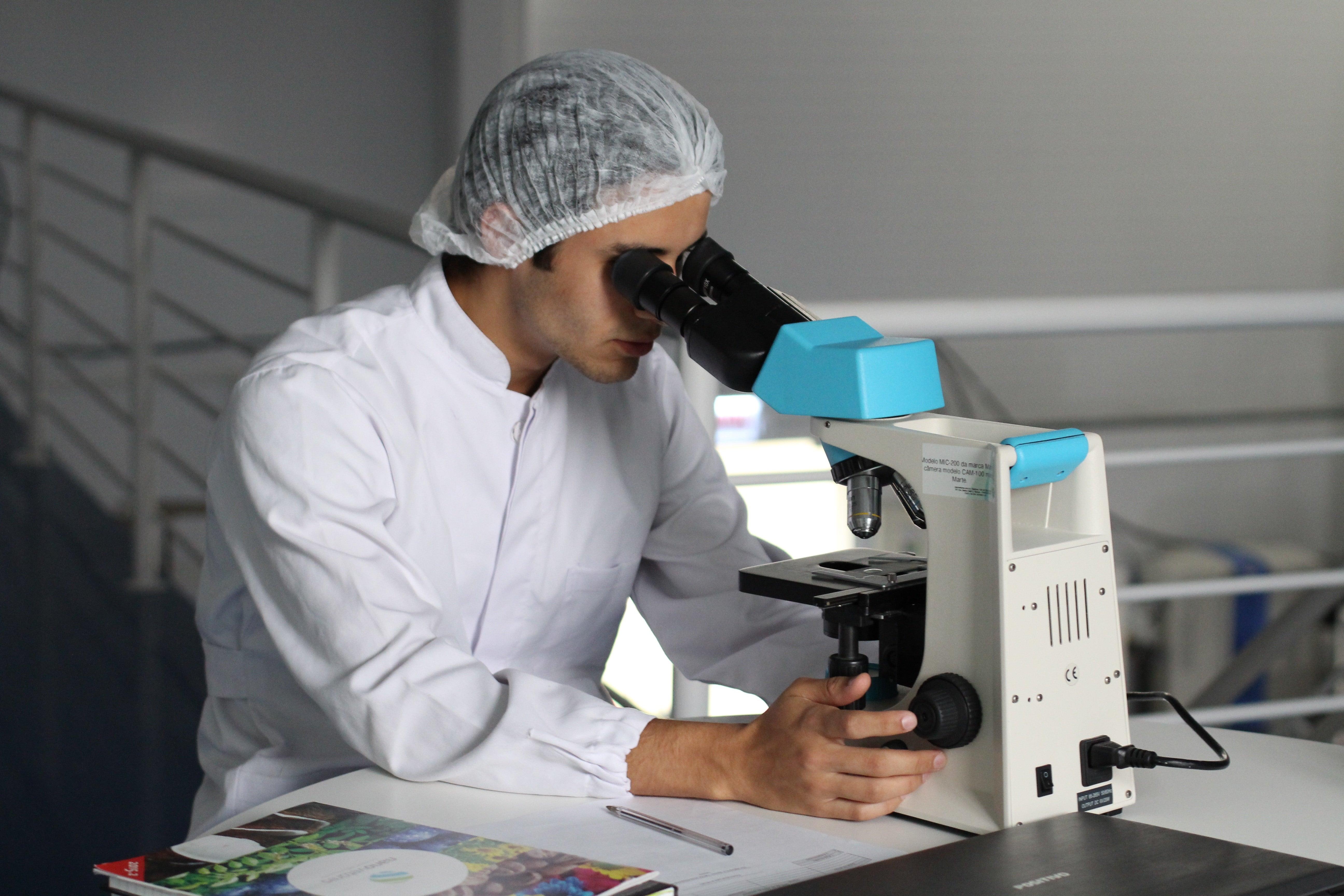Have you ever heard of nickel testing and want to know more? Let's delve deeper into this topic in this article.
The nickel It is a versatile and widespread chemical element that occupies position 28 in the periodic table of elements. It is a transition metal with numerous applications in various sectors, from metallurgy to the electronics industry, through medicine and the environment.
In this article, we will find out everything about nickel testing.
Applications of nickel
Nickel has a wide range of applications in various sectors such as industry. In fact, the main application of nickel is in the production of stainless steel , where it is added to improve the corrosion resistance and hardness of the steel.
Nickel is also used in the production of metal alloys used in gas turbines, jet engines and machine parts requiring strength and durability. Additionally, nickel is used in nickel-cadmium battery production and nickel-metal hydride batteries, which are widely used in portable devices such as cell phones and laptops.
Nickel-plated electrical contacts offer minimal corrosion resistance and high electrical conductivity. In the medical field, nickel is a component of many alloys used in medical equipment such as surgical instruments, prosthetics and dentures.
It is also used in some medicines and food supplements as a source of essential nutrients. Nickel has been used for the production of coins and tokens , especially in the past, since its color and physical properties made it suitable for these applications.
Finally, nickel is used to plate some metal objects used in food preparation and presentation, such as cutlery and cookware, to reduce the possibility of allergic reactions in consumers sensitive to nickel.
As you can see, nickel is found in many products; therefore, you could be in contact with it without realizing it.
The Nickel Test: What is it?
However, it is also true that Nickel allergy is one of the most common allergies in the world , and many people may not be aware that they are sensitive to this metal. test of nickel is an essential tool in identifying and confirming this allergic condition, allowing for an accurate diagnosis and appropriate management of symptoms.
The nickel test is a skin test , also known as a contact test, used to determine a person's sensitivity to nickel. It is performed applying a small amount of nickel or a nickel-containing alloy on the skin, usually on the back of the upper arm.
After 48 hours , the doctor evaluates the skin reaction to determine if a sensitivity to nickel is present.
Nickel Test: When to Do It?
Nickel testing is recommended when you suspect you are allergic to this metal or when typical symptoms of an allergic reaction occur after exposure to objects containing nickel. Some common signs and symptoms of nickel allergy include:
- Contact dermatitis : Skin rash, itching, redness, and swelling at the area of contact with metal, such as after using metal jewelry or belt buckles;
- Skin reactions after eating : Some foods may contain traces of nickel, and allergic people may experience skin reactions after consuming them;
- Respiratory problems : In some sensitive people, exposure to nickel-containing dust or vapors can cause respiratory problems such as coughing or wheezing;
- Reactions to drugs and medical devices : Some drugs and medical devices may contain nickel, and people who are allergic may develop reactions after using such products.
Why test for nickel?
The nickel test is important for several reasons and the first of all is precisely confirmation of the diagnosis. In fact, if you suspect you are allergic to nickel, the test allows you to confirm or exclude this condition, ensuring an accurate diagnosis.
Testing for nickel helps identify sources of nickel exposure , enabling people to take steps to avoid those objects or situations. Therefore, knowing about nickel allergy helps people take precautions to avoid contact with this metal and thus reduce the frequency and intensity of allergic reactions.
Finally, for people allergic to nickel, it is important to be aware of this condition for Avoid using drugs, medical devices or surgical materials containing nickel avoiding running into further dangers.
Conclusions
The nickel test It is a fundamental tool to diagnose an allergy to this common metal. If you suspect you are allergic to nickel or if you experience symptoms of an allergic reaction after exposure to objects or foods containing nickel, it is important to get tested and receive a proper diagnosis and management of your symptoms.
You may want to consider purchasing a specific test from our shop online so you can receive your results immediately. Awareness of your nickel sensitivity is crucial to ensuring a safe and hassle-free life for those affected. If you are interested in a complete DNA test Click here .




Leave a comment
This site is protected by hCaptcha and the hCaptcha Privacy Policy and Terms of Service apply.